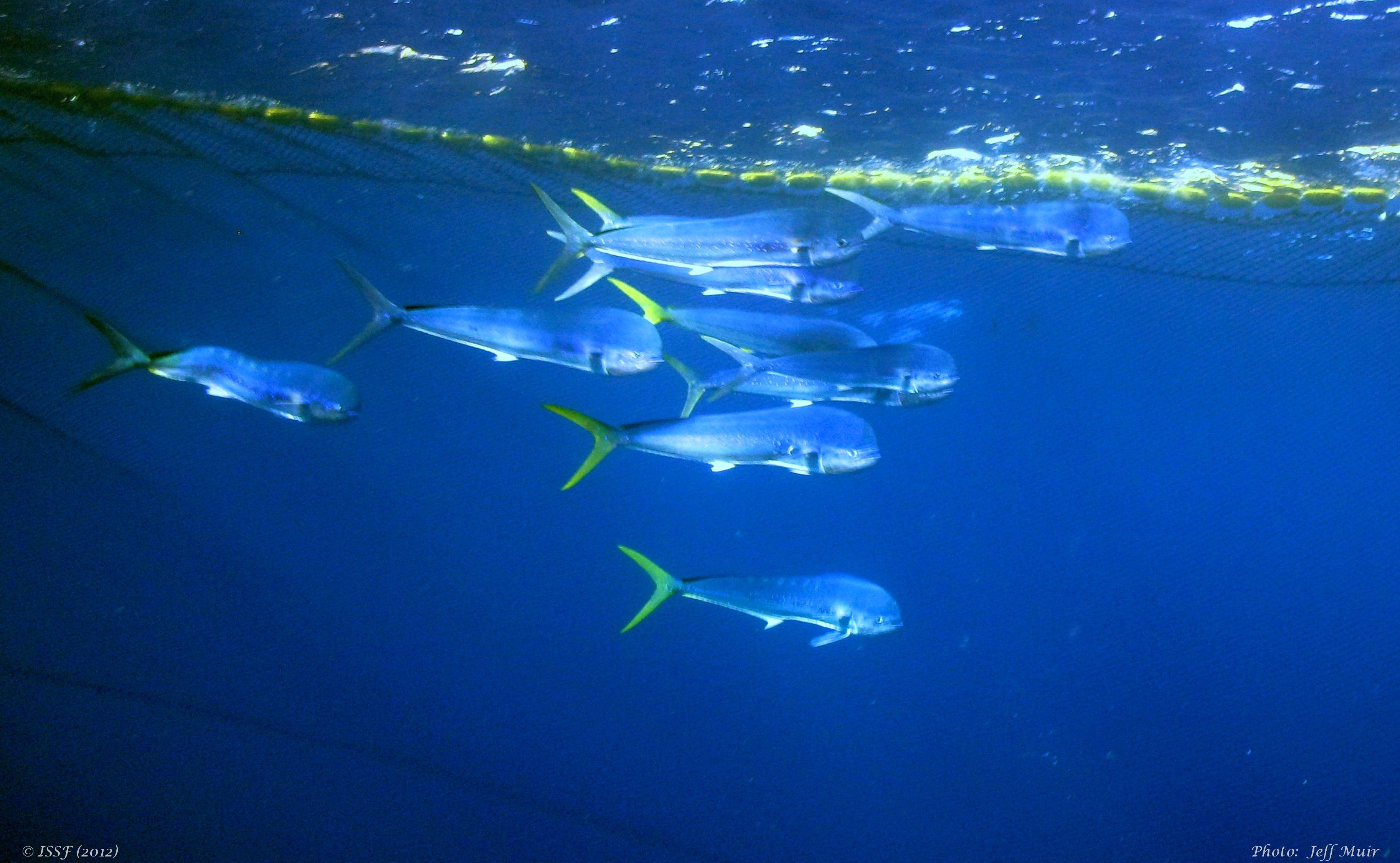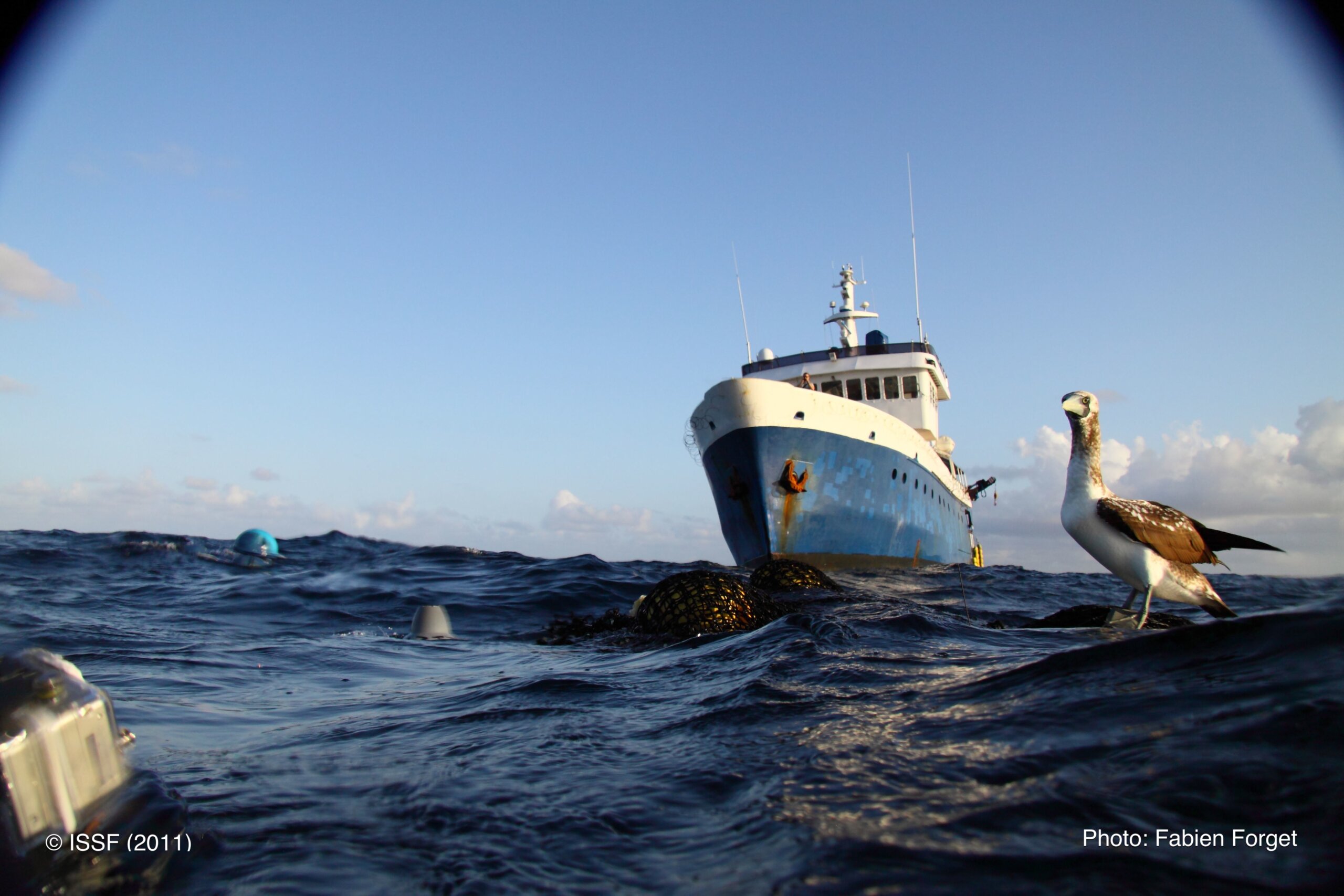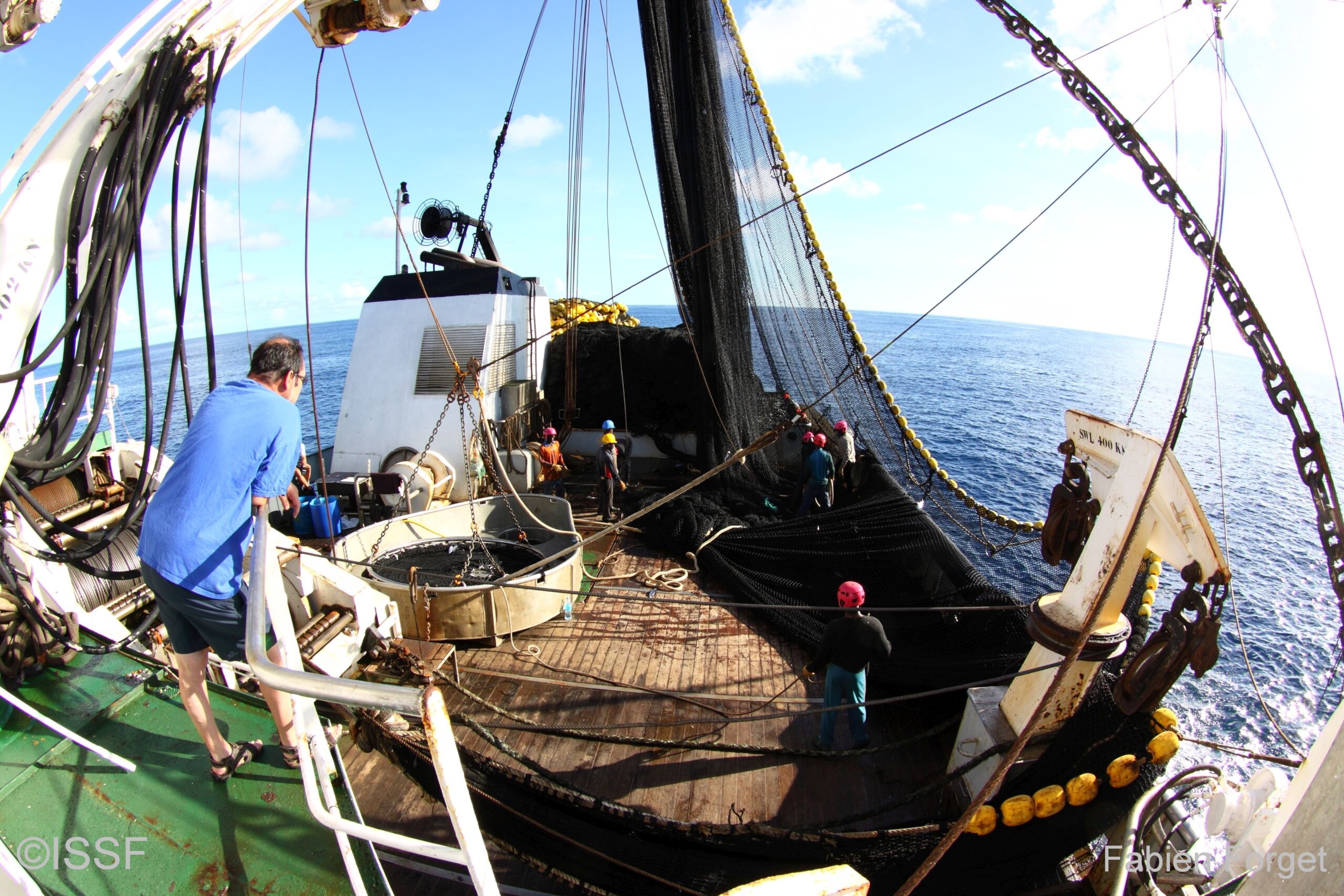
Yellowfin and Bigeye Catch Limit, FAD Data Improvements, and Increased Observer Coverage Top Conservation Group’s “Asks” for Sustainable Atlantic Tuna Fisheries
The International Seafood Sustainability Foundation (ISSF) has released its position statement in advance of the 25th Regular Meeting of the International Commission for the Conservation of Atlantic Tunas (ICCAT) in Marrakech, Morocco, on 14-22 November 2017.
“ICCAT made substantial headway last year by agreeing to maintain total allowable catch levels for yellowfin and bigeye tuna stocks, which have experienced overfishing in recent years,” said ISSF President Susan Jackson. “But ICCAT’s science committee estimates that catch limits for bigeye and yellowfin were still exceeded in 2017, by 11 percent and 16 percent, respectively. The situation must be addressed.”
#ICCAT should require 20% #observer coverage on longline #tuna vessels at minimum. Share on XISSF is asking that ICCAT adopt stock-specific measures in line with its science committee’s advice and that it allocate the yellowfin catch limit by gear type so that ICCAT member countries can know their individual limits. ICCAT must also ensure that fishing capacity of purse seine fleets is in line with catch limits and adopt in-season catch monitoring to avoid exceeding those limits.
FAD Management
ISSF also asks that ICCAT immediately address persistent gaps in FAD data reporting and ensure that requirements for non-entangling FADs are met. Further, ICCAT should implement its FAD Working Group recommendation to extend 100 percent observer coverage on large-scale purse seine vessels to the entire year.
“FAD sets account for nearly 50 percent of tropical tuna catches in the Atlantic Ocean,” Jackson continued. “We have to improve the monitoring and management of FAD usage in all ocean regions, and that starts with RFMO contracting parties complying with required data reporting. ICCAT scientists cannot effectively analyze and provide management recommendations on FADs without access to the best information.”
Longline Observer Coverage
Troublesome data gaps also persist for the longline sector. ICCAT scientists have highlighted that the current 5% observer coverage requirement is inadequate to provide reasonable estimates of total bycatch. And data on observer coverage in longline fisheries indicates some fleets are not meeting even this 5% mandatory minimum. This lack of data on longline catches and interactions with non-target species hinders scientific input on effective conservation measures. It must be rectified.
ISSF urges ICCAT to implement its scientific staff’s recommendation to increase the minimum level of observer coverage to 20% for longline fleets, and other major gears. At the same time, ICCAT must strengthen compliance by identifying and sanctioning non-compliance through its Compliance Committee. ISSF is also recommends that ICCAT develop binding measures to ensure the safety of human observers.
Other priority improvements in the ISSF position statement include:
- Adoption of interim Harvest Control Rules (HCRs) for North Atlantic Albacore that have been tested by the science committee and execution of an independent peer review of the management strategy evaluations set in place last year.
- Adoption of measures to strengthen the region’s existing shark finning measures and reduce catches of northern shortfin mako sharks, and require that accurate data are collected and submitted on catches of all oceanic sharks.
- Development of E-monitoring and E-reporting standards for longline vessels, as soon as possible.
- Adoption of further amendments to modernize the ICCAT VMS measure and bring it in line with global best practices.
Read the full position statement in English, French or Spanish.


